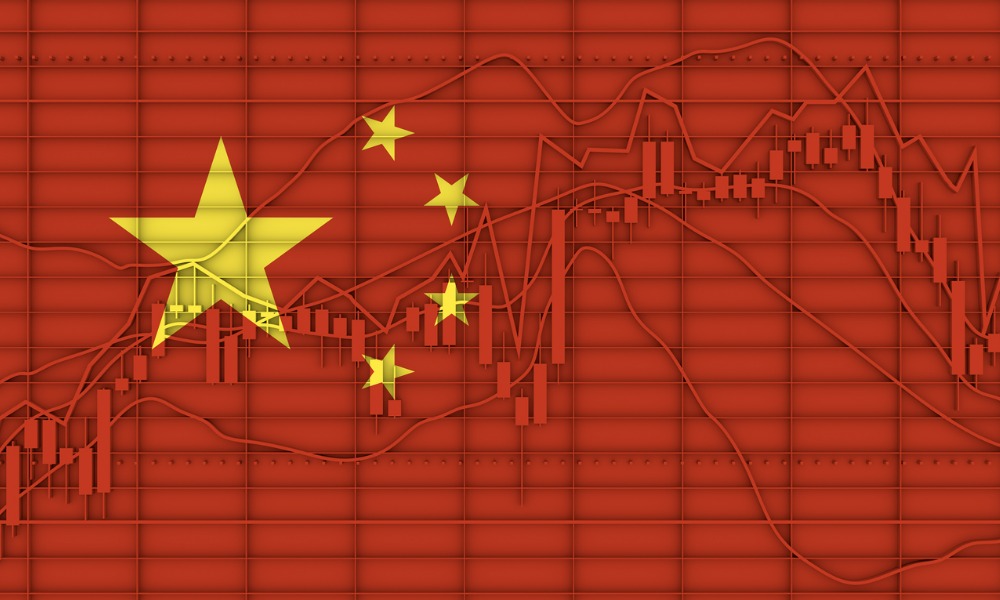Emerging-market investment teams weigh risks posed by world's most indebted property developer

Over the past few months, China has been looking increasingly risky in the eyes of investors.
Aside from a government crackdown on tech companies and a prohibition on the use of cryptocurrencies within the country, one focal point of concern has been the deepening debt woes of real-estate giant Evergrande, which some have suggested could be the epicentre of a “Lehman moment” for the East Asian country.
Given the scale of the company’s operations across the country and the magnitude of its debt – the developer owes a reported US$305 billion in debt and is short of cash to pay it off – fears that its troubles could reverberate through China’s financial system is understandable. But while the drama is a cause for concern, the world’s largest investment firms aren’t projecting any kind of doomsday scenario.
In a newly published report, Morningstar said emerging-markets teams at Pimco, Barings, and T. Rowe Price have avoided or substantially underweighted the company in their portfolios since at least mid-2020, when the Chinese government imposed stricter debt limits for highly leveraged companies.
“Still, these managers are far from pessimistic about the Chinese real estate sector as a whole or the possibility that a default by Evergrande could cause ripple effects across the broader markets,” the report said.
Other fund firms are taking a more positive view of the company. Amid the August and September plunge in the prices of Evergrande’s bonds, Morningstar said BlackRock has added the company’s debt to five of its strategies. While the firm has underweighted Chinese government and corporate debt in its strategies since the start of 2021, its emerging-market debt team estimated the recovery value of the bonds is likely to exceed their current price of 30 cents on the dollar given the company’s prospects of a distressed exchange or takeover by a state-owned company.
Morningstar added the UBS, one of the larger holders of the company’s debt, is confident that the government will intervene, even if not through a full bailout, so that the company will be able to continue its construction operations. The credit event resulting from Evergrande’s troubles, they added, should have “no significant spill-over effects on the broader Asian high-yield market.”
While investors might reasonably be assured that Evergrande won’t cause a collapse in China’s financial system, the company is nevertheless in hot water with the powers-that-be. According to Reuters, the government of Shenzhen, the province where the company is based, is investigating the company’s wealth management unit, Evergrande Wealth.
According to the news outlet, Evergrande had raised more than 100 billion yuan (US$15.47 billion) from employees, their families and friends, and owners of Evergrande properties over the last five years through the sale of high-yielding wealth-management products (WMPs). Such WMPs, Reuters said, had emerged as a popular way for Evergrande and other heavily indebted conglomerates to borrow money without breaching government lending restrictions. Amid the company’s worsening liquidity woes, its wealth arm missed a payment on WMPs earlier this month, provoking protests from investors concerned that they would be unable to get their money back.
“[R]elevant departments of the Shenzhen government have gathered public opinions about Evergrande Wealth and are launching a thorough investigation into related issues of the company,” the Shenzhen Financial Regulatory Bureau said in a letter to investors viewed by Reuters.



